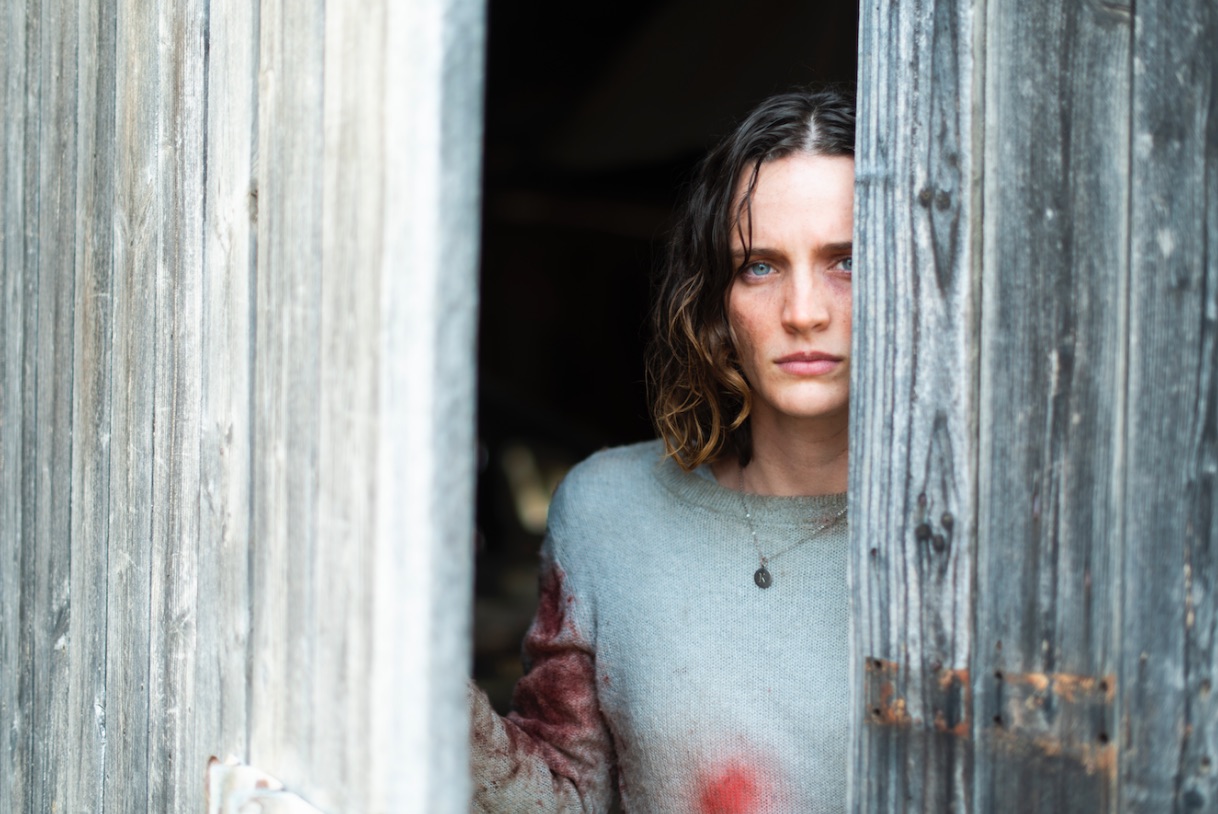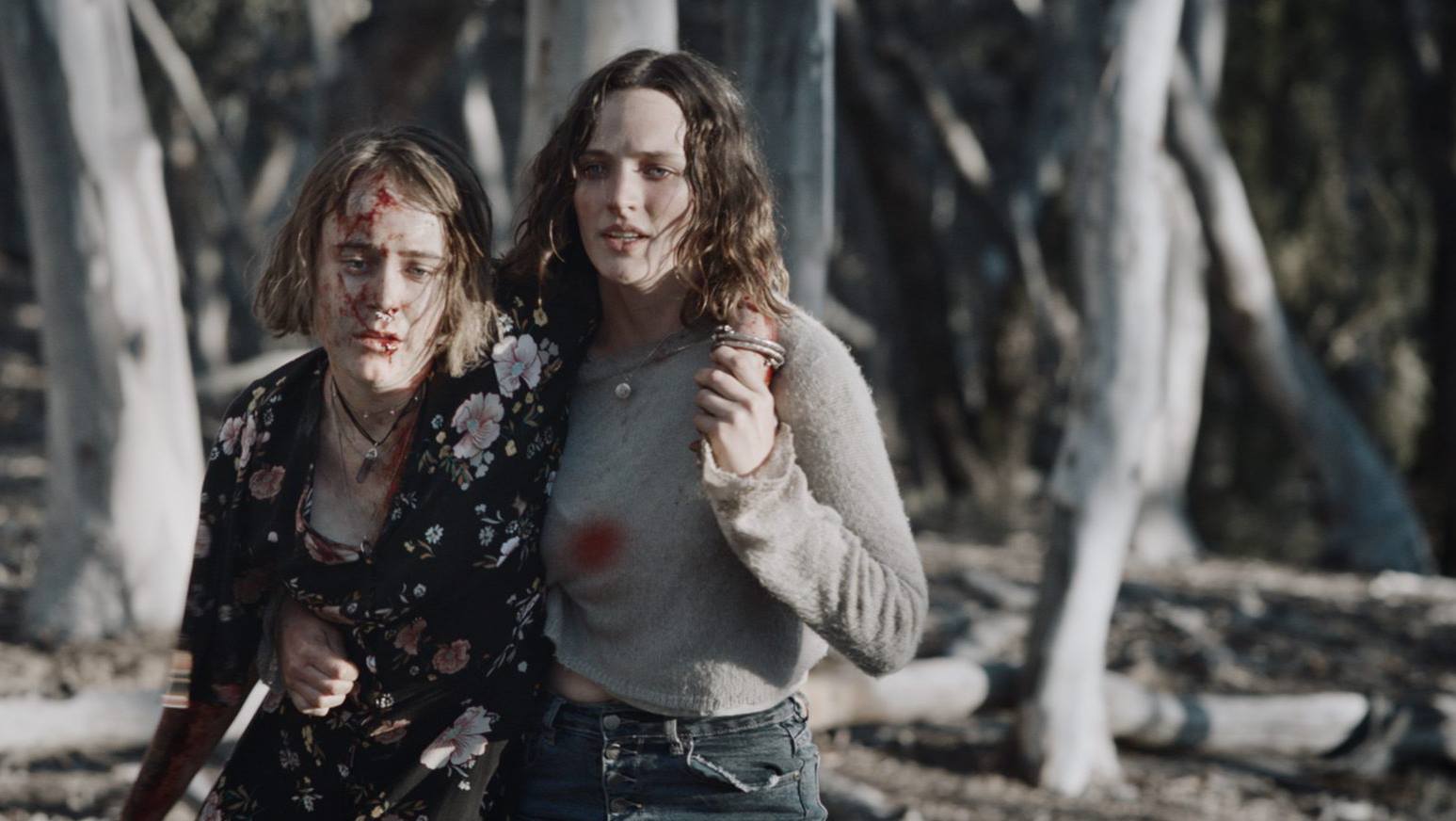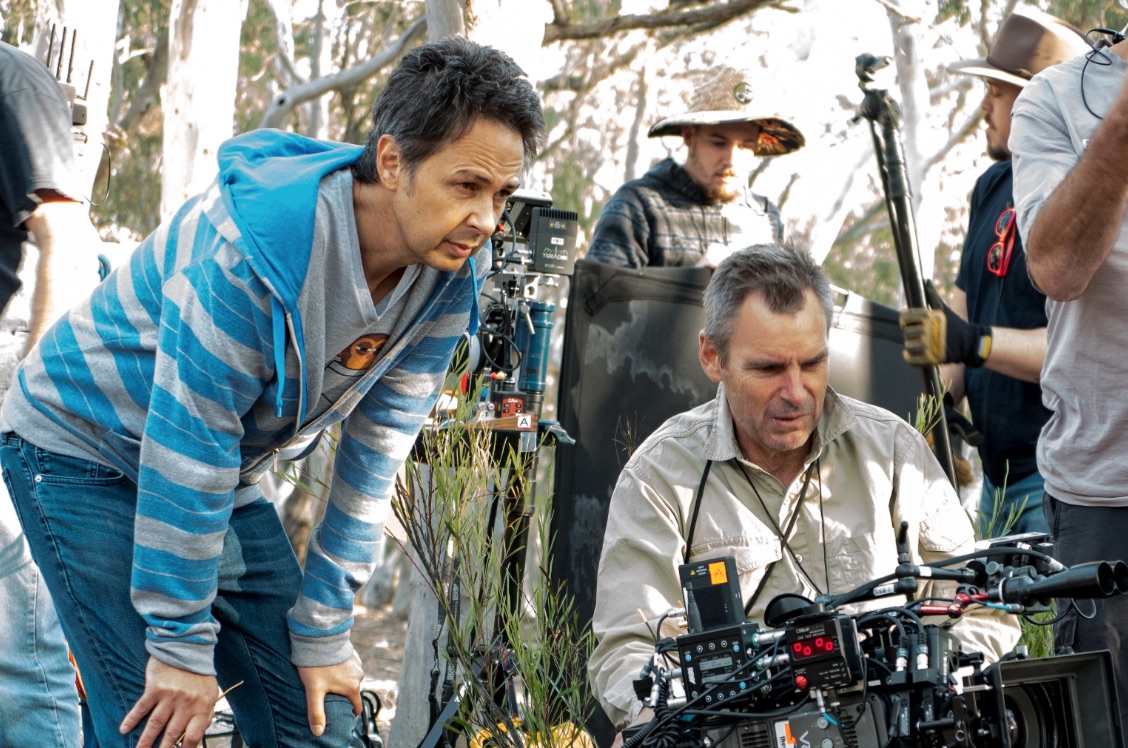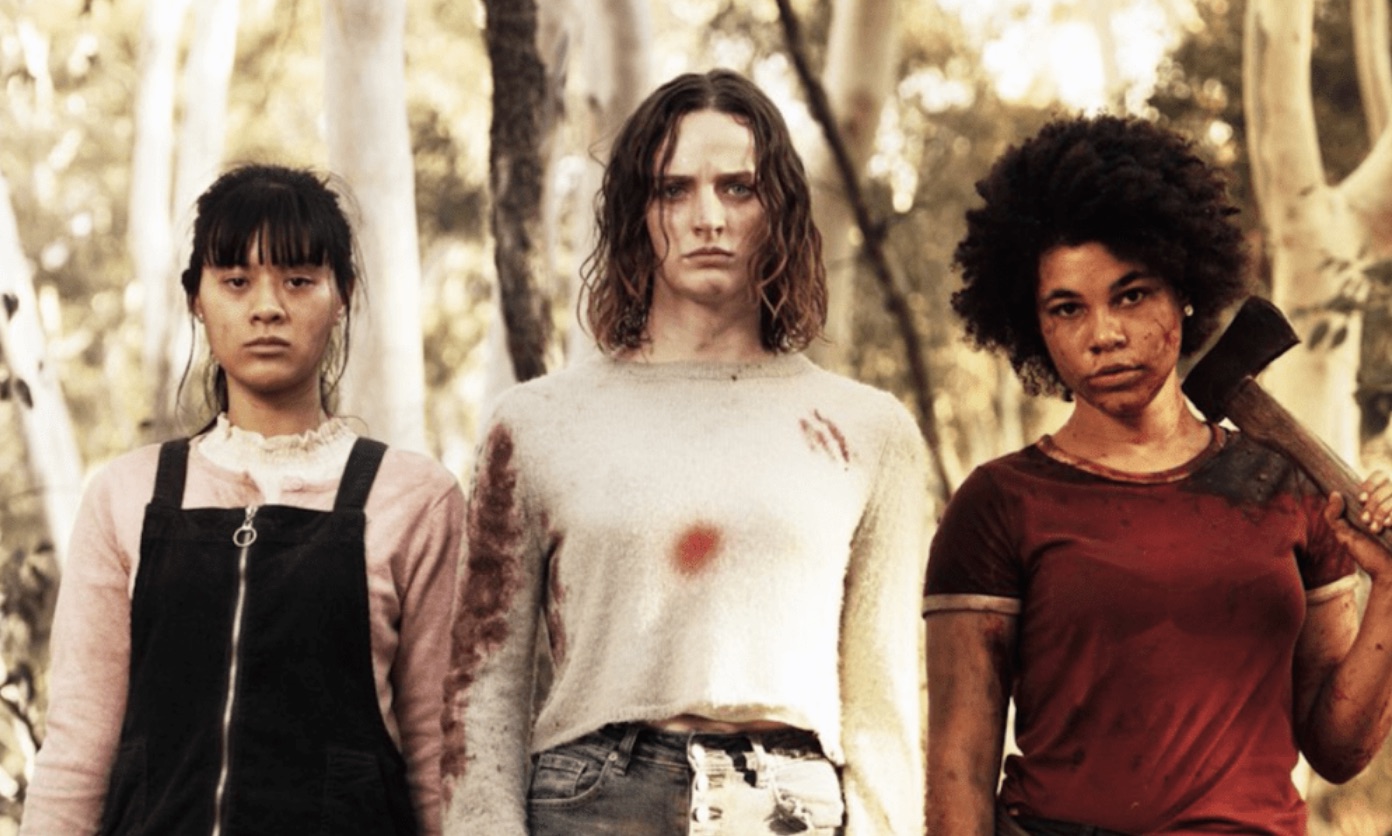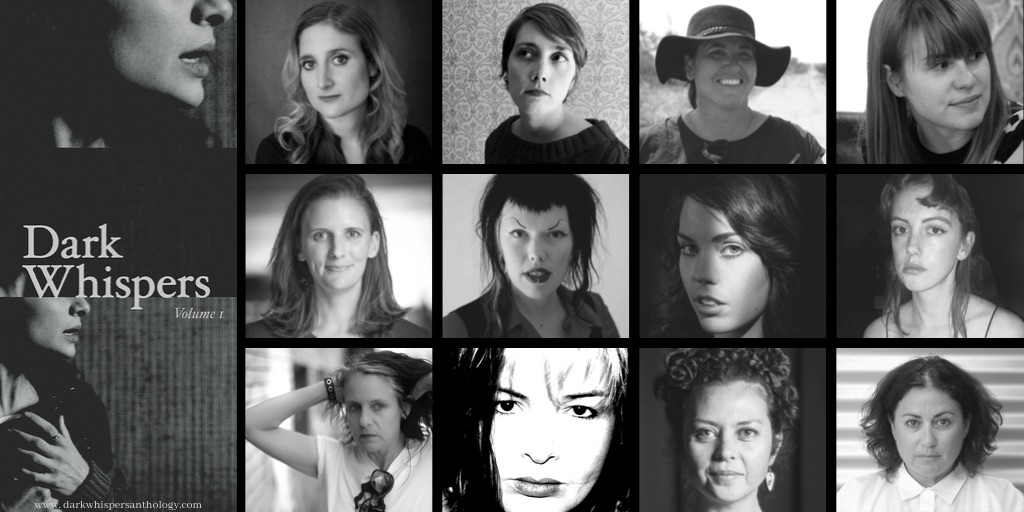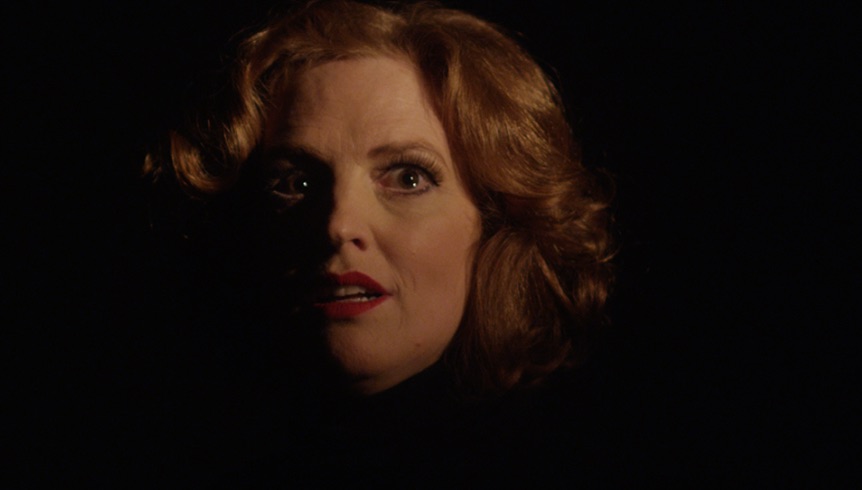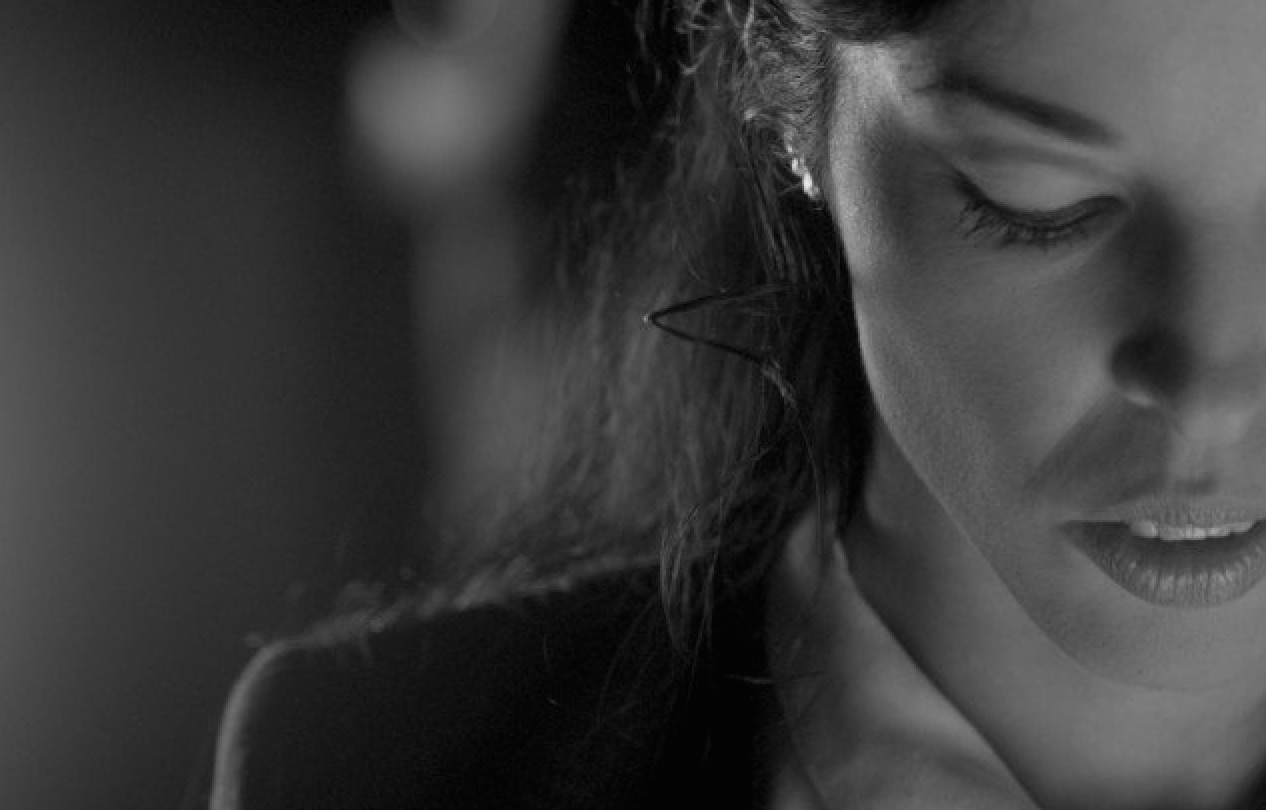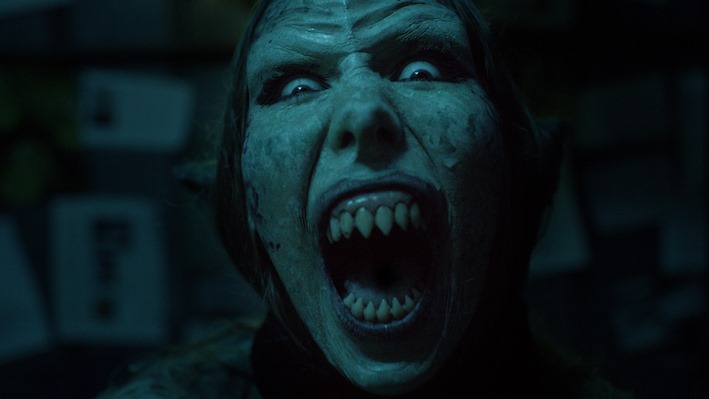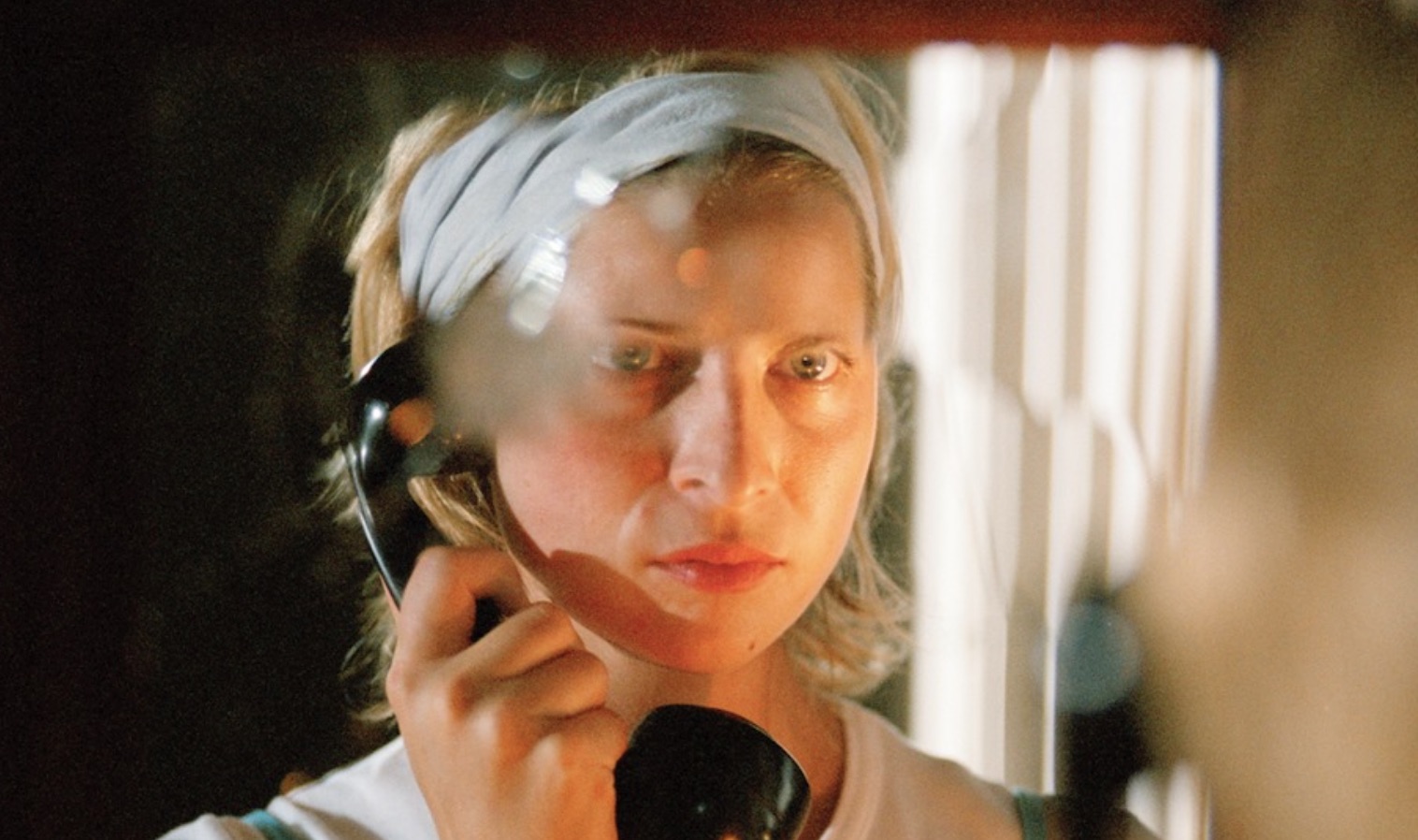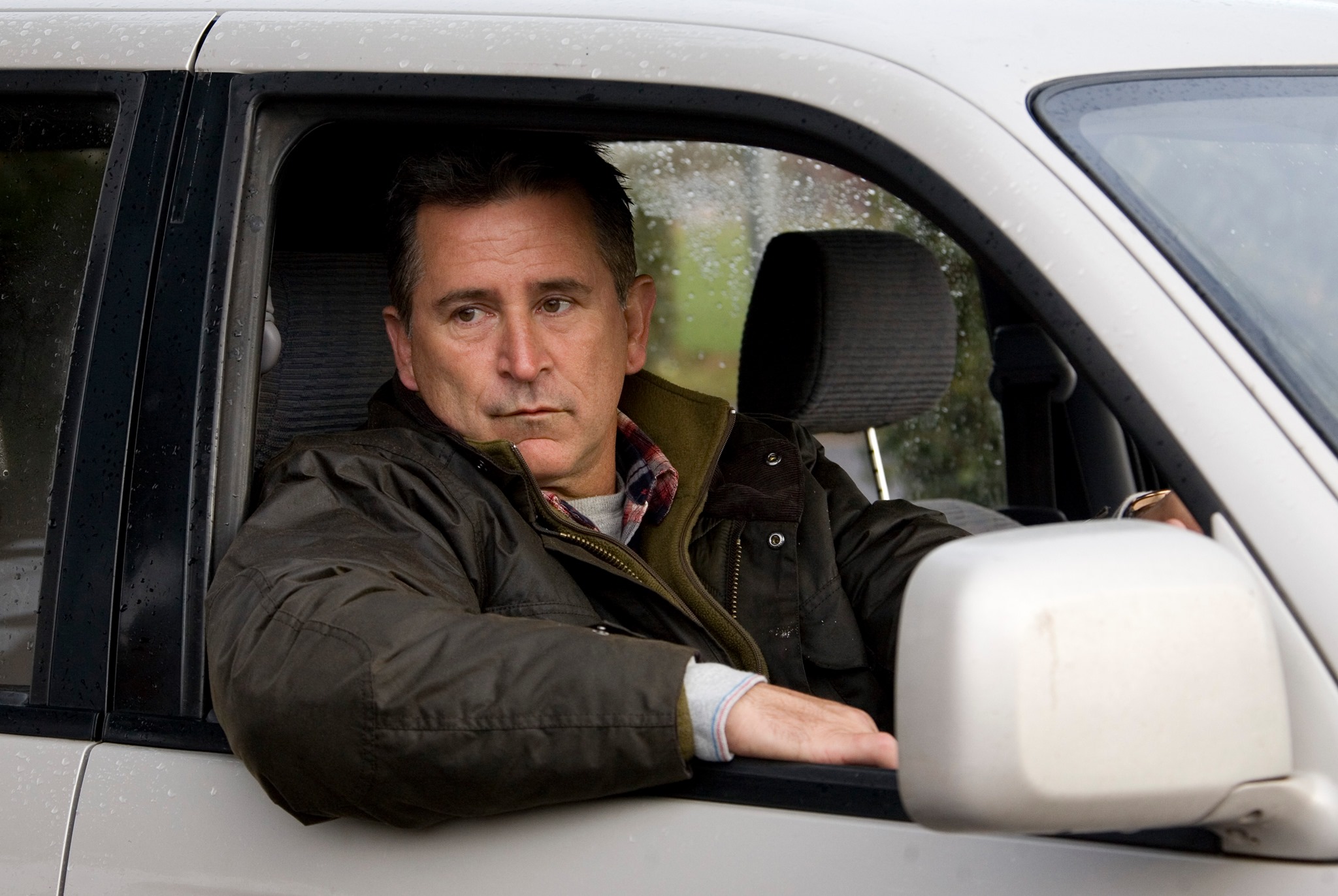THE PUBLIC LIFE OF EMILIO ESTEVEZ
 Friday, November 29, 2019 at 10:46PM
Friday, November 29, 2019 at 10:46PM Emilio Estevez remains one of the biggest movie stars of his generation, adored by Gen-Xers for The Outsiders, Repo Man, The Breakfast Club, Stakeout, St Elmo’s Fire and Young Guns and by their kids for the Mighty Ducks franchise. Twenty years ago, he cashed in his stardom to forge a career making a rare kind of modern film – the heartfelt, humanistic drama, once common amongst Hollywood’s output but now too indie-minded for corporate L.A. Bobby (2006), The Way (2010) and his latest, a crowd-pleasing study in civil disobedience called The Public, are the works of…well, an outsider. He has never been to Australia, much to his regret (“Every time I get invited, it's work-related and they want to get you in and out quickly”) but he was happy to phone in to talk at length with SCREEN-SPACE about his latest film, it’s depiction of America’s homeless population and the changing role that public librarians play in maintaining his homeland’s fragile democracy…

SCREEN-SPACE: You excel at directing the socially conscious film, like Bobby, The Way and now The Public. Cinema is still a very important forum, an important art form, for you, isn’t it?
ESTEVEZ: It is. It has the ability to change minds and hearts and educate, as well as entertain. What other venue can you sit in the dark for two hours and ask to have your attention be held? Great leaders and speakers can barely do that. I think that film is an art form that is under siege right now, especially independent film. It's trying to find its way again, and I believe it will. I just think that there's so many different delivery systems now that filmmakers are having to adapt to and [they] may not like how they're having to adapt to it. We all come from a generation where seeing your movie on the big screen was the ultimate prize for a filmmaker and that may not be the case anymore, right? I'm not big on sitting in front of a small screen and watching much these days. I love the theatre experience. I love going to the movies and sitting in the dark with a bunch of strangers. There's nothing like it.
 SCREEN-SPACE: You grew up alongside artists and storytellers and activists that the rest of us look to; your father, of course, and the likes of Mr. Coppola and Mr. Hughes. Who have been the storytellers that inspire you today?
SCREEN-SPACE: You grew up alongside artists and storytellers and activists that the rest of us look to; your father, of course, and the likes of Mr. Coppola and Mr. Hughes. Who have been the storytellers that inspire you today?
ESTEVEZ: I love the films of Paul Thomas Anderson. I think he's a terrific storyteller. He always puts characters and people first, and the bulk of my work in the last 20 years has been all about that. Character-driven, actor-driven. I respond to filmmakers who haven't lost that sense of humanity, haven't lost their sense of storytelling. So I'm drawn to actors' directors. Scorsese is still somebody who I think makes extraordinary films and movies that I want to see. (Pictured above; Estevez as librarian Stuart Goodson in The Public)
SCREEN-SPACE: The Way came out at the height of an America that was full of Obama-inspired hope and optimism. In 2019, things such as understanding and empathy aren't…on-trend, let's say, under the current administration. Has selling a film like The Public been tougher this time around?
ESTEVEZ: Yeah. It's a film that's decidedly uncynical, that speaks to a gentler pace, to compassion. And it has come out in a very noisy world, a confusing time, [that] we've not seen in this country in over 150 years. So to make a movie that is about hope and compassion was, yeah, I think it's a tough sell. Unfortunately. Sadly.
 SCREEN-SPACE: What did you have to get right about your depiction of civil disobedience?
SCREEN-SPACE: What did you have to get right about your depiction of civil disobedience?
ESTEVEZ: I grew up under a roof with somebody who is very, very active. My father's been arrested 68 times. And all for acts of civil disobedience - anti-nuclear rallies, immigration rallies, issues regarding homelessness and the environment. While I was exposed to it, I didn't fully understand what he was doing, spiritually, until I started working on The Public. And then it all started to make sense to me as to why he was doing what he was doing and why he couldn't say no. Why he couldn't be complicit in the policies that were cruel. I understood it on a much deeper, more spiritual level after getting involved in the film. Which is why that act of civil disobedience at the end of the film, is such an unexpected moment. And as we've screened the film here in the States so many times ... I went on a 35-city tour of the film. The audience never sees the end coming. Ever. They anticipate that it's going to end up in a bloodbath, but, in fact, it ends with an act of love. (Pictured, above; Alec Baldwin as Det Ramstead in The Public)
 SCREEN-SPACE: And what needed to be most honest about the way homeless life was portrayed?
SCREEN-SPACE: And what needed to be most honest about the way homeless life was portrayed?
ESTEVEZ: It was important not to stereotype them, to give them a depth and a character and make sure that they were humanized. In my research, there was a self-effacing nature to many of the homeless that I talked to, who said, "This is where I am in my life, and I have hope that it will turn around, and here's how I arrived here, and I'm not proud of it." They were very honest and truthful in sharing their personal stories.
SCREEN-SPACE: You draw extraordinary performances from Michael K. Williams (pictured, above; with Estevez), Alec Baldwin and my favourite actress, Jena Malone. Your entire ensemble is remarkably natural…
ESTEVEZ: Thank you. What's interesting is a lot of these actors were not friends of mine before starting the film, so they weren't in my Rolodex. And often times, we would meet on the day, on the set. And that's very ... it's a little unsettling. You're hoping that your conversations on the phone have landed, that you see eye-to-eye on the character, and you're not going to be spending a whole lot of time rewriting the scenes on the day, because that eats up your time. So for us, we were very fortunate that all of the pieces of the puzzle fit together beautifully, because we shot the film in 22 days.
 SCREEN-SPACE: How do the added duties of the indie filmmaker sit with you - finding financing, traveling with the film, having to talk to people like me in Sydney?
SCREEN-SPACE: How do the added duties of the indie filmmaker sit with you - finding financing, traveling with the film, having to talk to people like me in Sydney?
ESTEVEZ: I think that these days, there is so much noise and so much competition for people's attention. And with a film that didn't have a hundred-million-dollar budget or a big studio behind it needed as much advocacy as possible. And by going out and screening the film, not only to librarians but to homeless advocacy groups, at film festivals, and stopping in those regions, as we travelled around and across the country, where people from Hollywood don't normally stop, and bringing the movie to the people. And that was in the spirit of the film, but also necessary. (Pictured, above; Jena Malone as Myra in The Public)
THE PUBLIC premieres on DVD/Blu-ray and digital platforms in Australia this week via Rialto Distribution; check local schedules for release details in other territories.
 80s Cinema,
80s Cinema,  American Cinema,
American Cinema,  Independent Film
Independent Film 